Pandemic sharpens new war over role of the state
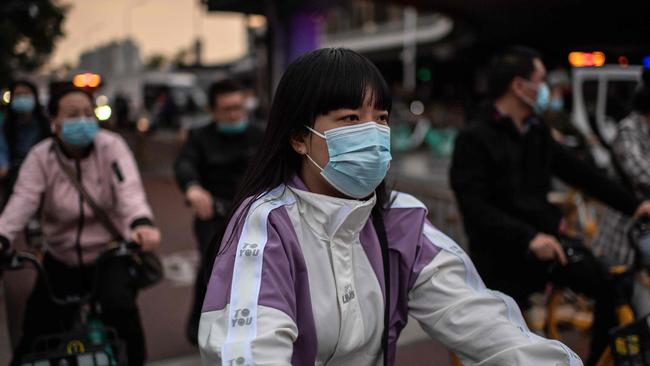
China, population 1.4 billion, has more or less eliminated COVID-19 through authoritarian control. As a result its currency is the strongest in 2020, year to date, and its stockmarket is second only to Nasdaq.
But the Morrison government’s nasty accidental trade war with China, as significant as it could end up being for Australia’s export industries, is the symbol of a much bigger, more profound, story to come out of the pandemic of 2020: a shift from liberal, free-market politics and economics to much greater state control.
China is using its economic power to demand obeisance from a conservative anti-communist Australian government. Appealing to the World Trade Organisation is worth a try perhaps, but this is between supplier and customer, and the customer will win.
Victoria, which had been criticised by the Morrison government for doing a deal with China, has also eliminated the virus thanks to a four-month lockdown during which Premier Dan Andrews was vilified by libertarians as “Dictator Dan” and constantly hectored for being an authoritarian leader and unnecessarily crushing the economy. In the result, he was vindicated.
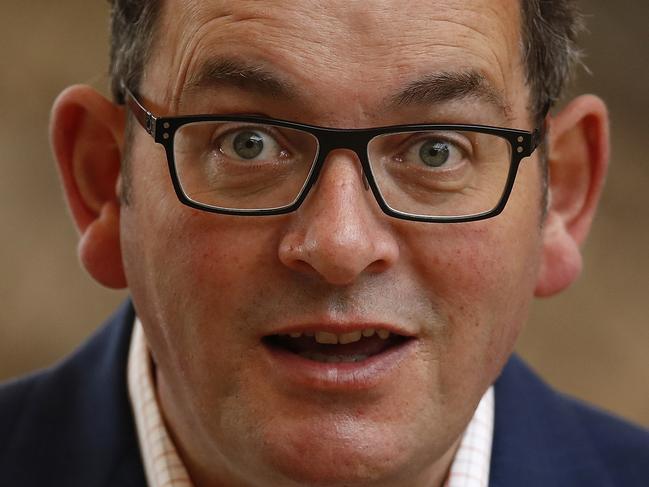
New Zealand and Singapore have also succeeded in eliminating the virus through similarly authoritarian lockdowns, while freedom-loving America is in serious trouble, with 266,000 deaths, case numbers blowing out again and the health system in danger of being overwhelmed.
Freedoms are about to be severely curtailed in the US by a left-of-centre president, after the right-wing one was sacked because of the pandemic failures.
The fact that a period of strict authoritarian government is needed to deal effectively with the virus, and that otherwise freedom-loving societies are having to resort to it for health reasons, would not on its own lead to a permanent roll-back of liberalism and the free market.
But there are deeper things at work that have been going on for longer and are more enduring: that is, the decision by governments and central banks around that they need provide to their societies with more economic growth than can be achieved naturally through productivity.
It started with the 1987 stockmarket crash and what became known then as the “Greenspan Put”, but fully matured during the GFC, and became “whatever it takes” when European Central Bank chairman Mario Draghi said that in 2012 to save the euro, and in 2013 when the Bernanke Federal Reserve tried and failed to end quantitative easing after the “taper tantrum”, and then finally at the end 2018 when the Powell Fed gave up completely.
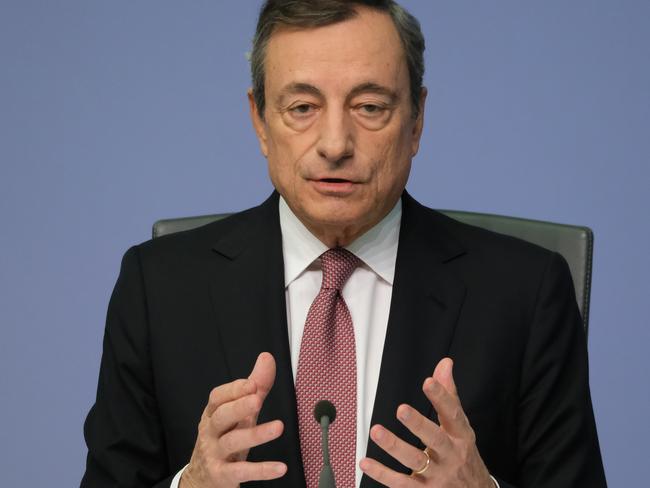
So well before the pandemic the attempt to abolish recessions and financial crises by bringing forward future growth led to a massive expansion in global debt through the artificial suppression of interest rates and the injection of colossal amounts of liquidity into markets to prop them up.
What’s at stake is whether it is the responsibility of the public sector to deliver growth rates that societies and financial markets demand, and whether the private sector is always better at allocating capital. It’s clearly not.
And now this year the pandemic has forced another big step up in government intervention in the economy through fiscal and monetary support. History suggests that a lot of that will stick around.
So there are now more skirmishes than usual between conservatives and progressives, and they are all battles within the great new war over the role of the state that has been sharpened by the pandemic, and the need to curtail freedoms for health reasons.
Apart from Australia’s trade war with its trade agreement partner, China, another skirmish is over modern monetary theory, which central bankers and politicians either ignore or pooh-pooh, as RBA Governor Philip Lowe has been doing (“there’s no such things as free lunch”).
But it’s been interesting to watch the Victorian and NSW state budgets in the past couple of weeks. Pet projects and expensive reforms are being wheeled out because when deficits and debt get this big, they no longer matter – you might as well just keep spending because the debt is not getting paid back.
What’s more the Reserve Bank has enabled this by buying the states’ debts and effectively introducing moral hazard into state budgeting.
And with global debt at $US273 trillion, or 3.7 times GDP, who’s to say that sort of thinking won’t break out all over? The idea that the debt will be paid back is fanciful, so you wonder at what point do world governments adopt the Victoria and NSW policy of shrugging and saying oh well we might as well just go for it, and let central banks mop it up later.
This is my last column for The Australian and my fourth stint of working for this newspaper, starting in 1970, six years after it started.
I was given the privilege of writing these columns, twice a week, eight years ago, just after Mario Draghi came out with “whatever it takes” and not long before Australian PM Tony Abbott and Chinese leader Xi Jinping signed their free trade agreement.
A lot has happened in those eight years, and it has been an exciting and rewarding time to be writing columns for a national newspaper. The next eight years could be even more interesting – hold on tight.
* Alan Kohler is Editor in Chief of Eureka Report

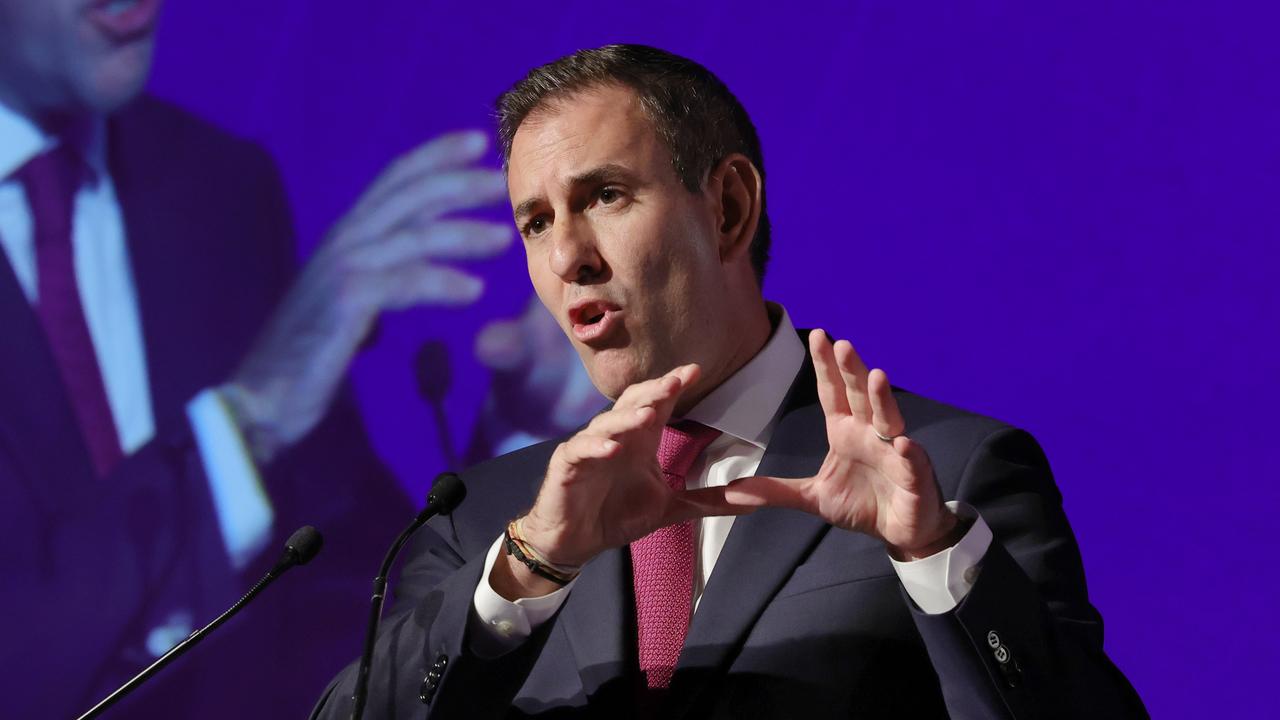
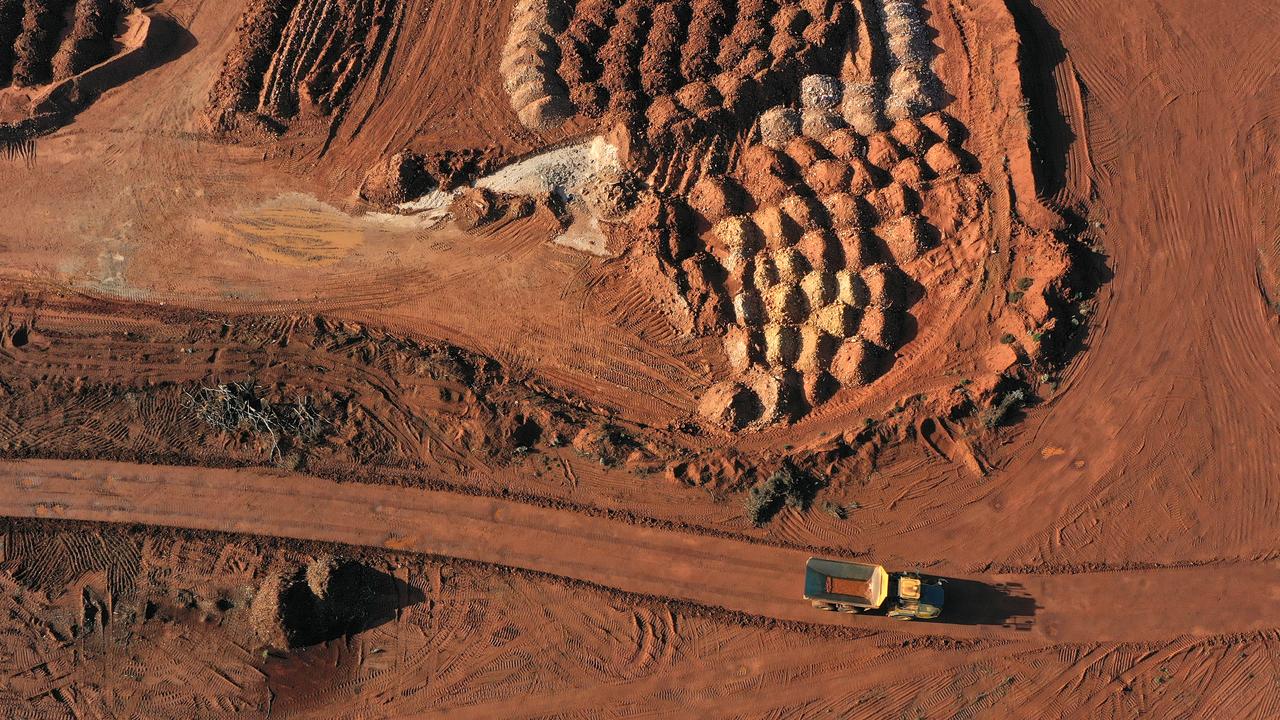
China is the clear winner from the pandemic, which is pretty ironic considering the disease apparently started there and Australia is now being punished for having the temerity to suggest an inquiry into whether it did or not, and if so how.